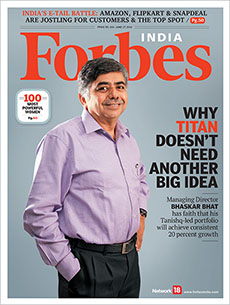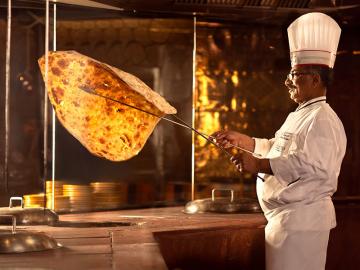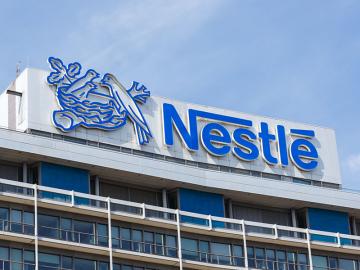
The Tatas Have Broken the Consumer Jinx with Titan
Titan muscled into this business by becoming the master of the 2,000-sq-ft retail store
The Tatas, India’s most valuable business conglomerate, have had a mixed track record in consumer-facing businesses. Pioneers in textiles, they had to exit the business when they went into losses. After India liberalised in 1991, they exited soaps and toiletries by selling Tomco to Hindustan Lever (now Hindustan Unilever). Tata Motors, despite its initial success with cars, is struggling to make things work again. Its success in cars now relates only to what it bought—Jaguar Land Rover. In telecom, Tata Teleservices is struggling, having just seen off its Japanese partner Docomo.

Two people, the company’s first boss Xerxes Desai, and his successor and current Managing Director Bhaskar Bhat, need to be given most of the credit for making Titan a name to reckon with in these extremely competitive businesses where foreign brands dominate. They did so by building strong brands and a stronger retail presence, either through owned stores or franchised ones. Take gold jewellery, for instance, where traditional players had an edge by being able to deal with unorthodox channels of gold supply and long-term relationships with customers. Titan muscled into this business by becoming the master of the 2,000-sq-ft retail store. Today, 80 percent of its business comes not from its first love, watches, but gold and diamond jewellery.
In sharp contrast to the 30-year success story of Titan in retail there is the hyper-competitive reality of online retail—or etail. The Indian market is hotting up with the arrival of Godzilla in the form of Amazon, and current topdog Flipkart deciding to grow inorganically by acquiring fashion e-tailer Myntra. In our second major story of this issue, we take a look at the battle in this fast-changing business.
The icing on the cake is our annual list of Forbes’ Power Women. German Chancellor Angela Merkel heads the list, but three Indians make the final cut, too—Arundhati Bhattacharya of the State Bank of India, Chanda Kochhar of ICICI Bank and Kiran Mazumdar-Shaw of Biocon. Sonia Gandhi, who graced last year’s list, is out after her party’s humiliating loss in the general election. Nobody has a permanent lock on power. It ebbs and flows.
Best,
R Jagannathan
Editor-in-Chief, Forbes India
Email: r.jagannathan@network18online.com
Twitter id: @TheJaggi
(This story appears in the 27 June, 2014 issue of Forbes India. To visit our Archives, click here.)
Post Your Comment














